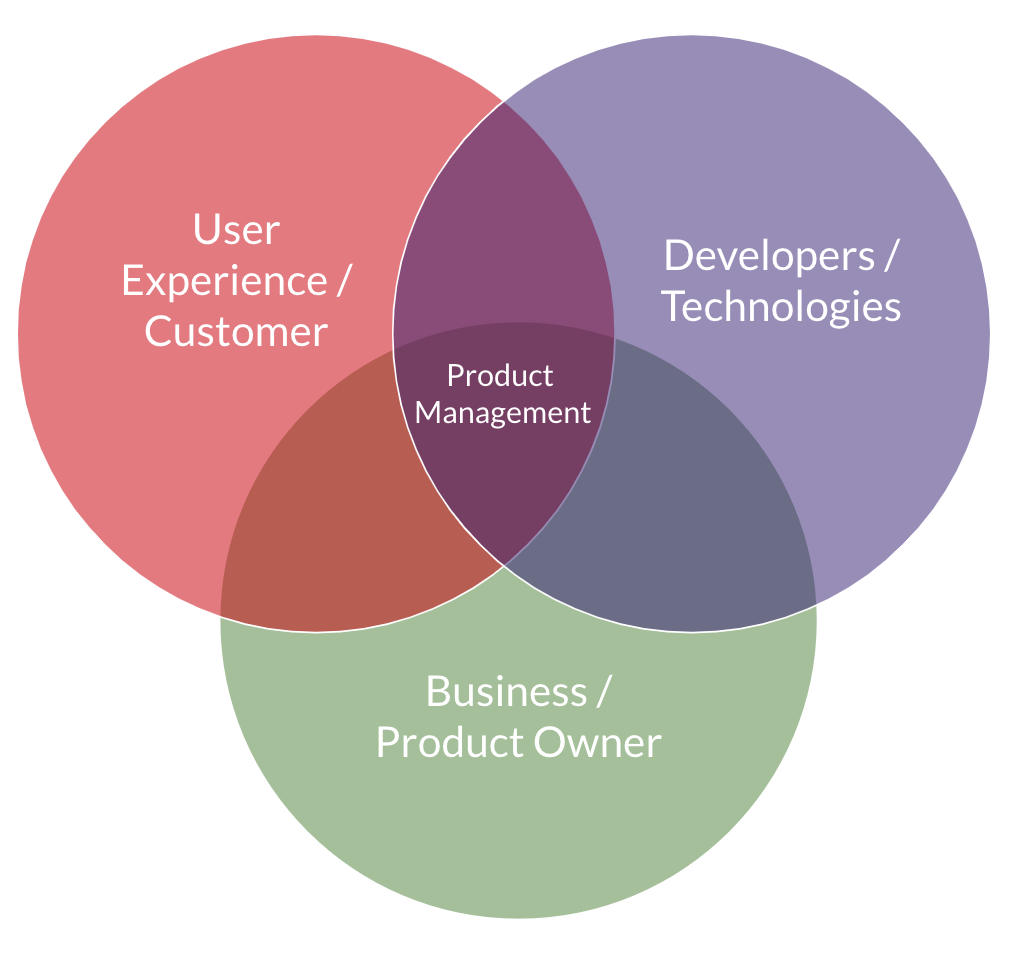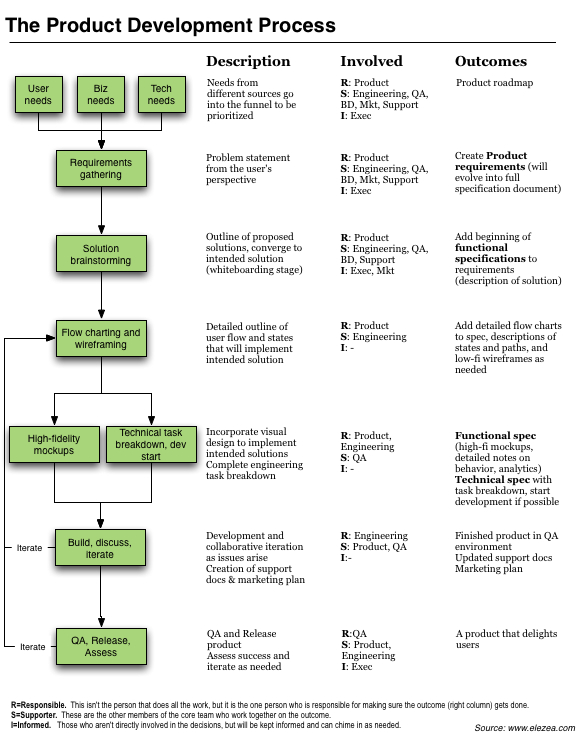Product Management
(2025-08-17T01:57.958Z)
Perplexity Query
(2025-08-17T01:57
.958Z)
Question:
Write a comprehensive one-page article about "Product Management in Software Development".
Response from sonar-pro:
Product Management in Software Development
Product management in software development is the discipline of guiding software products through every stage of their lifecycle, from conception and design to launch and ongoing optimization. This strategic role ensures that software solutions not only meet user needs but also align with broader business objectives and deliver tangible value in a competitive market.
[s5ffun]
[wc7tqc]
As software has become integral to nearly every industry, effective product management is essential for organizations seeking to innovate, grow, and deliver successful digital products.

At its core, product management orchestrates the collaboration of cross-functional teams—bringing together business analysts, UX designers, developers, marketers, and sales professionals—to deliver software that solves real problems for users.
[s5ffun]
The process typically begins with conducting market research to understand customer pain points, identifying the most valuable opportunities for development. For example, when a fintech startup recognizes that small businesses need faster invoicing solutions, the product manager coordinates user interviews, competitive analysis, and prototype testing to shape product requirements.
Once opportunities are identified, product managers create a product roadmap, outlining the vision, key features, and milestones for development.
[s5ffun]
In practical terms, this might look like prioritizing a mobile app’s new feature releases based on user feedback and technical feasibility.
[vnkk8i]
In Agile environments, product managers manage the product backlog—regularly refining priorities as market needs and technical constraints evolve.
Benefits of robust product management include:
- Ensuring products closely meet customer needs by continuously gathering and analyzing user feedback. [wc7tqc]
- Driving innovation and differentiation in the marketplace through thoughtful feature selection and timely updates. [wc7tqc]
- Managing the entire Product Lifecycle, from ideation to retirement, ensuring sustained alignment with business goals and efficient resource allocation. [dj5roo]
- Optimizing performance, both from a technical and business perspective, leading to increased user satisfaction and stronger brand positioning. [wc7tqc]
A notable example can be seen in how leading SaaS companies like Atlassian or Slack use product management to balance rapid feature development with platform stability and user onboarding. By iteratively releasing new features and gathering customer data, these companies are able to outpace competitors while delivering reliable, user-friendly products.
Despite its clear benefits, product management in software development presents challenges. Gathering accurate customer insights in noisy or fragmented markets can be difficult, as can balancing the needs of multiple stakeholders. Technical constraints or legacy system integration often limit possibilities. Furthermore, with rapid technology advances, staying ahead of market trends and ensuring teams remain adaptable remains an ongoing challenge.
[s5ffun]
[vnkk8i]

Current State and Trends
Today, product management is broadly recognized as pivotal to software success, especially as software becomes more user-centric and iterative development methodologies (like Agile and DevOps) dominate. Major tech firms such as Google, Microsoft, and Amazon are known for embedding product management into their organizational fabric, utilizing powerful digital collaboration tools and data analytics to inform every stage of the process.
[s5ffun]
Modern product managers increasingly leverage AI-driven tools for market analysis and automation in prioritizing tasks and user support.
Recent trends in the field include the rise of product-led growth strategies, where the product itself (through free trials or viral features) becomes the engine for customer acquisition and retention. Additionally, the use of product analytics, user journey mapping, and continuous feedback loops enables faster innovation and closer alignment with shifting customer expectations.

Future Outlook
Looking ahead, product management in software development is likely to become even more data-driven and automated. The integration of advanced AI to predict user needs, suggest innovations, and even automate elements of product design is expected to reshape workflows. As software becomes more embedded in daily life and across industries, the influence and scope of product management will expand—helping organizations adapt faster, deliver more relevant products, and ultimately shape the future of digital experiences.
In summary, product management in software development is the driving force behind user-centric, innovative digital solutions. As the pace of change accelerates, product management will remain essential for organizations striving to meet evolving customer needs and shape tomorrow’s software landscape.
Citations
[1]: 2024, Oct 05. Software Product Development: Definition, Importance, and .... Published: 2024-09-29 | Updated: 2024-10-05
[vnkk8i] 2025, Aug 09. Product Management's Role in Software: A Fool's Game or an .... Published: 2023-08-21 | Updated: 2025-08-09
[wc7tqc] 2025, Jul 31. 5 Reasons Why Product Management is so Important. Published: 2025-07-23 | Updated: 2025-07-31
[s5ffun] 2025, Aug 14. What Is Product Management | IBM. Published: 2025-01-14 | Updated: 2025-08-14
[dj5roo] 2025, Aug 16. The Importance of Product Management to the Business. Updated: 2025-08-16